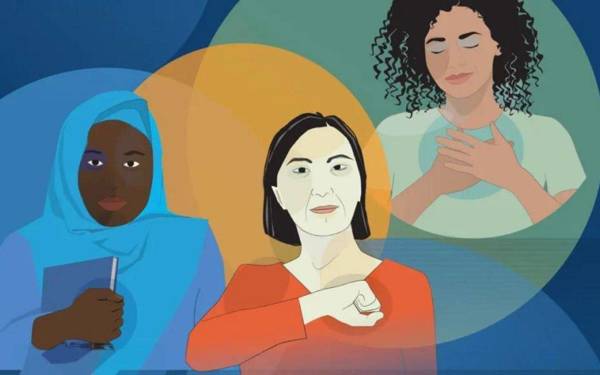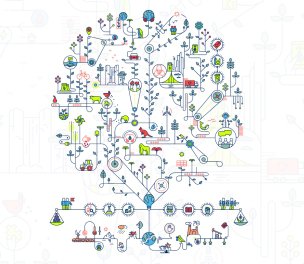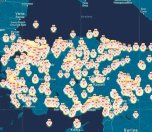Click to read the article in Turkish
Turkey stood at 66th place out of 162 countries with a Gender Inequality Index (GII) value of 0.305 last year, according to the United Nations Development Program (UNDP).
"In Turkey, 17.4% of parliamentary seats are held by women and 44.3% of adult women have reached at least a secondary level of education compared to 66.0% of their male counterparts," the report said.
According to a report by Ajans Press and PRNet, 940 news reports about gender equality were published in the press in 2018. This year, 928 reports have been published so far.
News about conferences and interviews against gender inequality were in the foreground, the report noted.
Turkey in Humanitarian Development Index
Turkey was classified in the very high development category in 2018 for the first time, posting a 0.806 value in the human development index (HDI). It ranked 59th among 189 countries and territories.
The HDI is a summary measure for assessing long-term progress in three basic dimensions of human development: a long and healthy life, access to knowledge and a decent standard of living.
Life expectancy at birth in Turkey surged 13.2 years in the last 28 years.
The country's mean years of schooling rose by 3.1 years, while expected years of schooling climbed by 7.5 years during the same period.
"Turkey's 2018 HDI of 0.806 is below the average of 0.892 for countries in the very high human development group and above the average of 0.779 for countries in Europe and Central Asia," it noted.
Retaining its top position, Norway saw an index value of 0.954 last year. It was followed by Switzerland (0.946), Ireland (0.942), Germany (0.939) and Hong Kong (0.939).
Niger (0.377), Central African Republic (0.381), Chad (0.401), South Sudan (0.413) and Burundi (0.423) performed the worst.










